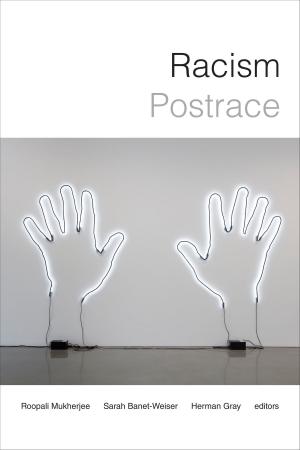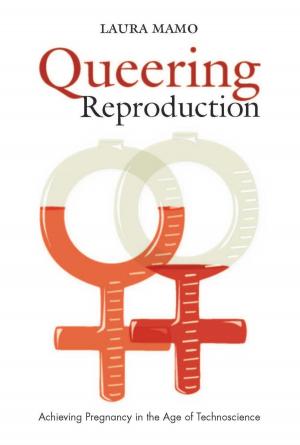Nothing Happens
Chantal Akerman’s Hyperrealist Everyday
Nonfiction, Entertainment, Film, Direction & Production, Performing Arts, Science & Nature, Science, Other Sciences, History| Author: | Ivone Margulies | ISBN: | 9780822399254 |
| Publisher: | Duke University Press | Publication: | February 9, 1996 |
| Imprint: | Duke University Press Books | Language: | English |
| Author: | Ivone Margulies |
| ISBN: | 9780822399254 |
| Publisher: | Duke University Press |
| Publication: | February 9, 1996 |
| Imprint: | Duke University Press Books |
| Language: | English |
Through films that alternate between containment, order, and symmetry on the one hand, and obsession, explosiveness, and a lack of control on the other, Chantal Akerman has gained a reputation as one of the most significant filmmakers working today. Her 1975 film Jeanne Dielman, 23 Quai du Commerce, 1080 Bruxelles is widely regarded as the most important feminist film of that decade. In Nothing Happens, Ivone Margulies presents the first comprehensive study of this influential avant-garde Belgian filmmaker.
Margulies grounds her critical analysis in detailed discussions of Akerman’s work—from Saute ma ville, a 13-minute black-and-white film made in 1968, through Jeanne Dielman and Je tu il elle to the present. Focusing on the real-time representation of a woman’s everyday experience in Jeanne Dielman, Margulies brings the history of social and progressive realism and the filmmaker’s work into perspective. Pursuing two different but related lines of inquiry, she investigates an interest in the everyday that stretches from postwar neorealist cinema to the feminist rewriting of women’s history in the seventies. She then shows how Akerman’s “corporeal cinema” is informed by both American experiments with performance and duration and the layerings present in works by European modernists Bresson, Rohmer, and Dreyer. This analysis revises the tired opposition between realism and modernism in the cinema, defines Akerman’s minimal-hyperrealist aesthetics in contrast to Godard’s anti-illusionism, and reveals the inadequacies of popular characterizations of Akerman’s films as either simply modernist or feminist.
An essential book for students of Chantal Akerman’s work, Nothing Happens will also interest international film critics and scholars, filmmakers, art historians, and all readers concerned with feminist film theory.
Through films that alternate between containment, order, and symmetry on the one hand, and obsession, explosiveness, and a lack of control on the other, Chantal Akerman has gained a reputation as one of the most significant filmmakers working today. Her 1975 film Jeanne Dielman, 23 Quai du Commerce, 1080 Bruxelles is widely regarded as the most important feminist film of that decade. In Nothing Happens, Ivone Margulies presents the first comprehensive study of this influential avant-garde Belgian filmmaker.
Margulies grounds her critical analysis in detailed discussions of Akerman’s work—from Saute ma ville, a 13-minute black-and-white film made in 1968, through Jeanne Dielman and Je tu il elle to the present. Focusing on the real-time representation of a woman’s everyday experience in Jeanne Dielman, Margulies brings the history of social and progressive realism and the filmmaker’s work into perspective. Pursuing two different but related lines of inquiry, she investigates an interest in the everyday that stretches from postwar neorealist cinema to the feminist rewriting of women’s history in the seventies. She then shows how Akerman’s “corporeal cinema” is informed by both American experiments with performance and duration and the layerings present in works by European modernists Bresson, Rohmer, and Dreyer. This analysis revises the tired opposition between realism and modernism in the cinema, defines Akerman’s minimal-hyperrealist aesthetics in contrast to Godard’s anti-illusionism, and reveals the inadequacies of popular characterizations of Akerman’s films as either simply modernist or feminist.
An essential book for students of Chantal Akerman’s work, Nothing Happens will also interest international film critics and scholars, filmmakers, art historians, and all readers concerned with feminist film theory.















